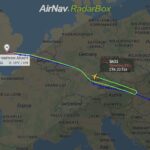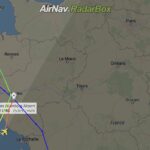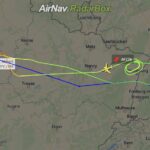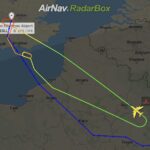Grounding the world’s commercial airliners in an attempt to stop the coronavirus crossing international borders could have an unexpected effect: weather forecasts may get less accurate.
That is because commercial planes often carry meteorological instruments, and the readings they gather feed into weather-forecasting models. With most flights cancelled, this valuable data set has been temporarily lost.
Without this precious data, predicting the weather during the week is much more difficult. Nowadays, weather models are based on satellite data, weather balloons but also on automatic records transmitted by planes. Airliners measure temperature, humidity, air pressure, wind speed but also its direction over large areas of the Earth’s atmosphere.
Stan Benjamin at the US National Oceanic and Atmospheric Administration says a similar situation occurred in 2010. That spring, the ash-laden eruption of Iceland’s Eyjafjallajökull volcano triggered Europe’s biggest shutdown.
“These measurements have better spatial resolution than satellites and are much more precise, providing information on the conditions close to the ground during takeoff and landing, but also that of jet streams, these rivers of air in high altitude which influence the weather on the ground ”, details the scientific.
Read more on newscientist.com






